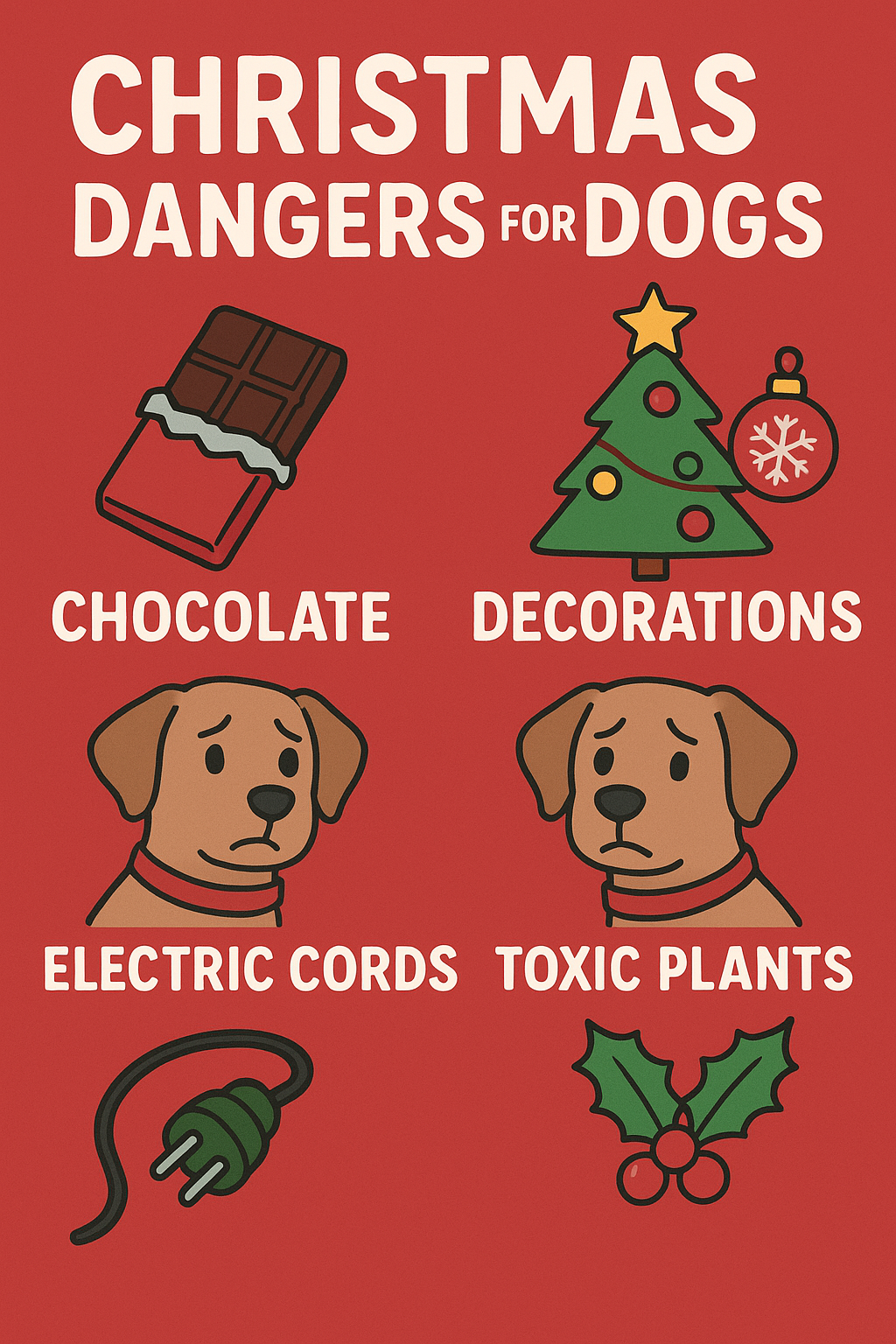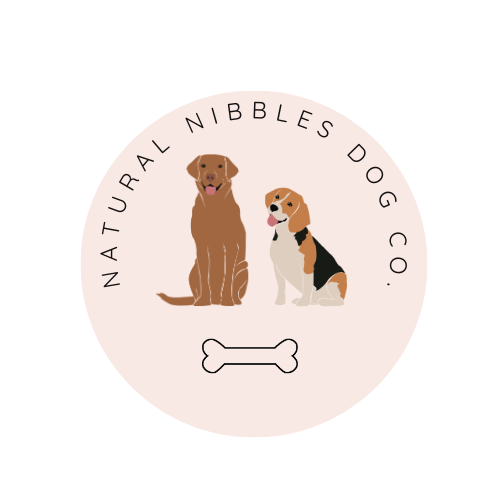
Festive pet perils, avoid festive vet bills.
Christmas is by far England's most celebrated tradition with around 88% of England's population celebrating this festive tradition, couple this will approximately 10 Million pet dogs in England, you would think as pet parents, Christmas would be a joyous time for all, especially our beloved pets. however this is not the case for a lot of families over the festive period.
Vets Now, a well known, out of hours veterinary service reported a staggering increase of 58% in emergency cases over the festive period alone, with 2478 cases relating to Christmas chocolate, festive foods, alcohol and batteries.
what are the most common dangers?
Chocolate and chocolate wrappers were the most common disasters during this time, with 1459 cases relating to this alone. Chocolate contains an ingredient called theobromine with dark chocolate holding the most of this ingredient. dogs metabolise theobromine much slower than we do, meaning it stays in their system longer, causing it to become toxic for them. Chocolate also contains caffeine, which is also toxic to dogs, and can accelerate the effects of theobromine. both of these stimulate the nervous system and heart rate which can lead to serious symptoms from vomiting to seizures.
Mince pies and Christmas puddings were also among the increased cases with 742 individual cases relating to them. both of these Christmas staples contain dried fruit such as raisins and sultanas. these are both toxic to dogs, although the scientific reason for this is not known, they are still poisonous to dogs, causing gut problems and in severe cases, kidney failure.
Christmas wouldn't be Christmas without the turkey (or other meat of your choosing) and you may be tempted to share your much loved Christmas dinner with your beloved pet, however caution needs to be taken. Cooked bones are a hazard for dogs due to becoming sharp as they are eaten. this can then cause intestinal blockages, or cut their digestive tract on the way through, causing internal bleeding. caution must also be taken with most other elements of your Christmas dinner, such as anything containing onion or seasonings or nuts
Onion contains a toxic compound called N-propyl Disulphide, when ingested by a dog, they are unable to break this compound down, a build up of this can cause damage to the red blood cells, resulting in Haemolytic anaemia which can be life threatening if not treated, moving onto nuts. Some nuts can be beneficial for dogs however all nuts are calorific for dogs, which over a period of time can cause pancreatitis due to the fat content. There are some nuts to definitely avoid, most of which only really creep in at Christmas. Macadamia nuts are among the worst nut to give to your dog, causing weakness, tremors and in severe causes hyperthermia whereas most other nuts, although not directly toxic can cause intestinal blockages where the dog is not able to digest them.
Moving on to none food related dangers, Christmas decorations such as tinsel, salt dough ornaments, fairy lights and even the Christmas tree itself can all pose a danger for your four legged friend. any of which if ingested can cause intestinal blockages, with salt dough and pine needles being toxic for dogs. Pine needles can cause stomach upset but in severe cases they can cause perforation of the intestines.
How can we keep our pets safe during the festive period?
The answer to this is simple. be aware of the most common hazards and try to mitigate these. Ensure that any festive foods are kept away from reach, if you would like to give your pet a Christmas dinner (who wouldn't) then opt for a Christmas version of their normal food, most pet food companies bring out a festive meal for your dog around Christmas time. If you would like to feed them from your dinner, ensure that only bland foods are given such as unseasoned carrots, or plain boneless chicken and put your Christmas tree up in a place that is not accessible for your pet.
being aware of the signs and symptoms your dog has ingested something they shouldn't have is paramount. the most common symptoms are:
.Vomiting
.Diarrhoea
.Bloating
.Blood in stool/vomit
.Changes in their behaviour.
If you believe that your dog could have eaten something they shouldn't have, take them straight to your nearest emergency vets, it is better to be more cautious than risk the unthinkable. Together, lets ensure that we are informed of the risks and what to do, so more families can enjoy their festive traditions safely and stress free.
